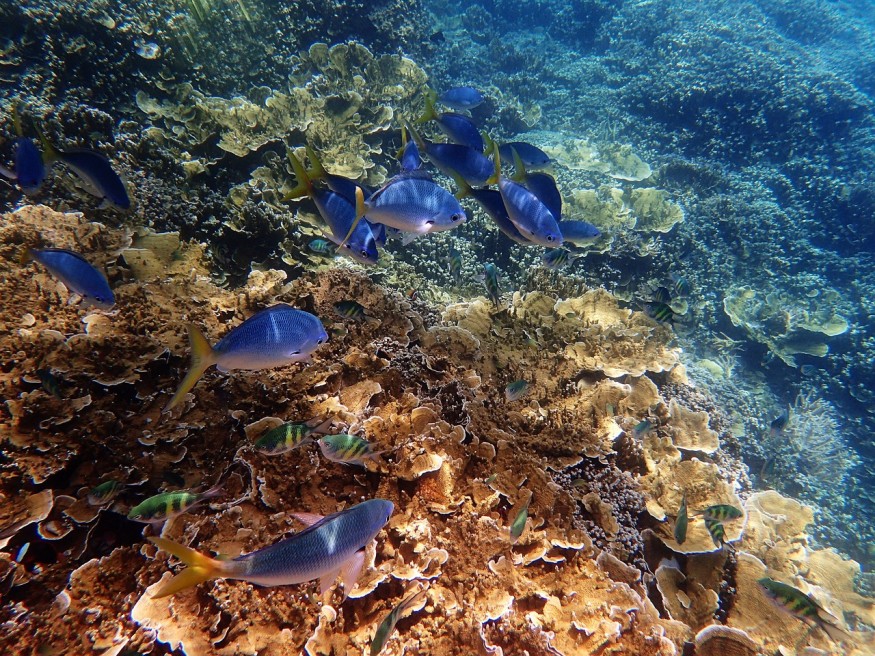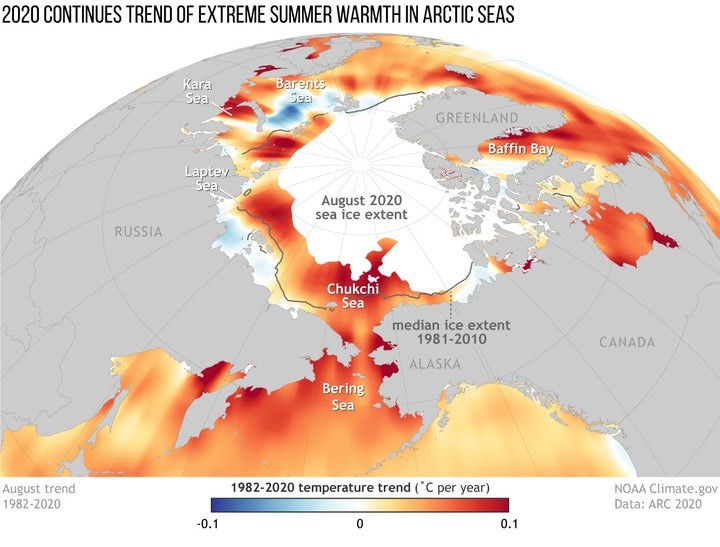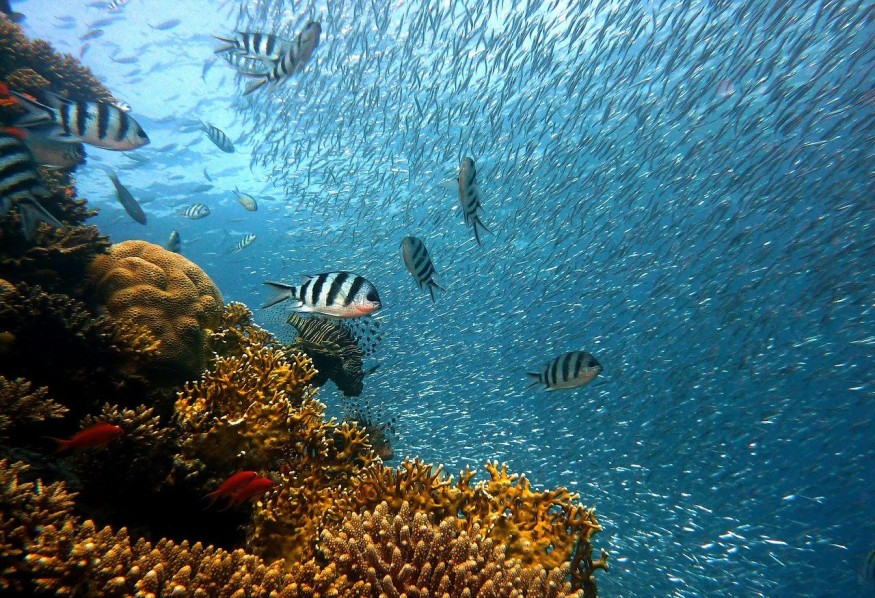According to a recent report, global warming has reduced the ocean's biodiversity along the equator, with temperatures possibly already too hot for certain animals to live.

An analysis of nearly 50,000 aquatic species' shifting positions between 1955 and 2015 showed that a projected effect of global warming - species moving away from the equator - can now be seen on a worldwide scale.
Lessening Biodiversity

It said that more global warming, which is now imminent, would further reduce the diversity of biodiversity in tropical oceans.
The results of the change, according to scientists, may be dramatic and difficult to foresee.
Unpredictable Changes
According to Prof David Schoeman, a co-author of the report, species attached to the ocean floor had not diminished. Still, the diversity of free-swimming species such as fish had decreased dramatically between 1965 and 2010.
The decline in species diversity, according to Schoeman of the University of the Sunshine Coast, would likely impact populations that depend on the ocean for food in areas where the fish they used to find are no longer there.
"These animals haven't vanished; they've just relocated from the tropics.
"Not only is there a steady warming, but there are also marine heatwaves that are getting more intense and extreme on top of that. They are partially to blame for tropical animals' accelerated movement."
He believes that economies that depend on visitors visiting areas with their unique habitats will be impacted.
How the Study Was Conducted
The study looked at 7 million pieces of data from 48,661 different animals, ranging from massive marine mammals like whales to jellyfish and corals. The archive dates back to 1955.
When temperatures soared above the equator, free-swimming animals declined. This band of diminishing species diversity across the equator was also expanding.
Related Article : Ocean's Anti-Heat Layer Continues to Thin, Resulting to Warmer Water
Ocean Warming

"Ocean warming is thus triggering large-scale shifts in the global latitudinal distribution of aquatic biodiversity," according to the report, which was published in the journal Proceedings of the National Academy of Sciences. Despite the fact that the ocean is warming at a slower rate than the land, aquatic species are changing their ranges as quickly as or faster than land-based species."
The project included scientists from the University of the Sunshine Coast, the University of Auckland, the University of Queensland, Australia's science department, the CSIRO.
Although the research did not attempt to determine whether warming was causing extinctions, Schoeman stated that this did not rule out the possibility of extinction. And common animals were at risk of "extirpation" when they were forced into cooler locations.
The data "suggests that it is now too warm [at the equator] for certain animals to live," according to the report.
Since the 1970s, the ocean has consumed about 90% of global warming, which is mostly due to the combustion of fossil fuels and deforestation.
Schoeman said that the pace of warming was "very intense and is getting more intense" and that it would persist for decades even though ambitious greenhouse gas emission reductions were made.
"Right now, we need to take action. Climate change is here, and we're already witnessing large-scale biodiversity reorganizations that underpin all of human life," he added. "I'm worried about how this will end."
Disrupting the Food Chain

Last year, scientists cautioned that global warming might fundamentally reorganize marine food chains, causing species numbers to plummet and giving algae a competitive edge.
Prof. Ove Hoegh-Guldberg, a marine biologist at the University of Queensland and an authority on how climate change affects the oceans, said it had long been assumed that as equatorial waters warmed, animals would begin to migrate out.
"These animals are the only ones that can survive the warm ocean waters, but there are no species to take their place if it gets too hot. Then you miss the diversity of species."
Warming ocean waters, according to Hoegh-Guldberg, would cause a cascade of "unintended effects" that would be difficult to foresee. For example, a disconnect may occur if prey species did not travel simultaneously as their predators.
Moving Into New Territories
When certain species expanded into new territories, they brought with them a combination of species that had never been seen before, increasing the risk to habitats and the humans that depended on them.
According to Dr. Jodie Rummer, an associate professor at James Cook University's ARC Centre of Excellence for Coral Reef Studies, the results of the study were significant and sobering.
She explained that tropical organisms originated in relatively stable temperatures and that their ability to adapt to a wide variety of temperatures was reduced.
She said there were only three possible scenarios when species' preferred temperature ranges began to change. Species could evolve, migrate, or die, and scientists were scrambling to figure out how these possibilities would play out across species.
According to Rummer, the ocean is being influenced not only by warming but also by acidification and deoxygenation.
Equator in Danger

"In the equatorial region, there is a concentration of developing countries where fish are critical to the livelihoods and survival of millions of people. Climate change will cause global catch potential to redistribute, with the most important reductions expected to occur near the equator."
The survival of the world's oceans, as well as management policies to preserve aquatic habitats, will depend on understanding the effects of ocean warming.
Fore more news from the animal kingdom, don't forget to follow Nature World News!
© 2026 NatureWorldNews.com All rights reserved. Do not reproduce without permission.





